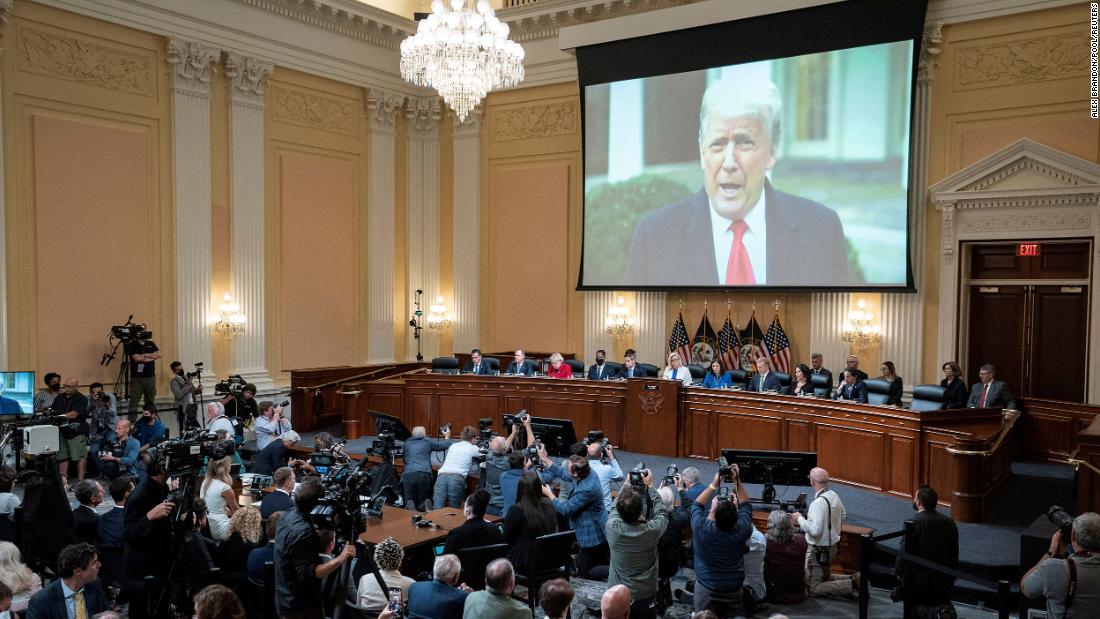Adam Nicholas has a vision to turn his passion for mushrooms into a global, fungi-fueled business empire.
As a base to grow their startup Potent, focused on producing mushroom gummies, syrups and extracts, Nicholas and his business partners chose Thailand rather than his native England.
“Thailand is a place that is very attractive to set up a business,” Nicholas said. “But it doesn’t have a reputation for being easy to set up a business in.”
Thailand’s economy has historically relied more on manufacturing and agriculture than research and development. Singapore and Jakarta are normally considered Southeast Asia’s primary candidates for global investors, but the National Innovation Agency (NIA) operated by the Thai Ministry of Science and Technology is determined to change that.
Led by the NIA, Thailand is developing a series of ‘innovation hubs’ in Bangkok, Chiang Mai and other major cities, clustering universities, startups and leading companies in special districts prioritising key areas of development such as the medical and financial technology sectors.
The Kingdom is in the midst of a long-term effort to stimulate innovation and attract more foreign entrepreneurs, foster homegrown talent and advance technological development. The new framework includes a special visa programme, possible tax incentives for foreign investors and incubation and acceleration initiatives to help startups like Potent.
Thailand ranks 43rd out of 132 economies on the 2021 Global Innovation Index compiled by the European Institute of Business Administration. The NIA hopes to advance its position, and also move Bangkok from 73rd to a ranking in the top 50 cities in the Global Startup Ecosystem Index published by research centre Startup Blink.
“We like to transform those areas and to make them into innovation hubs in the cities – not in the outskirts of the cities, but in the downtown,” NIA Executive Director Pun-arj Chairatana said.
The innovation hub concept is aligned with the government’s ambitious Thailand 4.0 development plan, geared to advance innovation to improve social well-being and elevate Thailand’s economy, which the World Bank classified as “upper middle income.”
Nicholas felt confident building his business in Thailand after being accepted into NIA’s Space F initiative, an accelerator and incubator programme designed to mentor and support early-stage businesses and entrepreneurs searching for technological solutions to food-related challenges.
Now in its third year, Space F has seeded dozens of food-tech startups by connecting them with Thai venture capitalists and the research laboratories of top universities. Programme participants retain the intellectual property of their research and development.
For foreign entrepreneurs like Nicholas, the key benefit of an innovation hub thus far has been government-assisted access to investors, regulators and industry advisors who can streamline the process of starting a business in Thailand.
“We now have the information we need to set up in a way that is going to be effective for us,” Nicholas said. “And that is how we’ve grown, because we have access to quality information and the right people.”

Bangkok has long been a tourist centre and the city’s major real estate developers have generally invested in hotels, restaurants and commercial businesses. But the NIA urged developers to work with the agency to promote key sectors in the national interest, Chairatana said.
“We convinced all the biggest land developers in Bangkok to think about how they can balance between the so-called purely commercial things and how they can contribute to the district and long-term engagement with not only universities but also small startups and the local community,” he said.
NIA’s innovation hubs are planned as physical districts enabling entrepreneurs to cluster with universities, government institutions and leading private sector companies. Space F is situated inside Mahidol University within Bangkok’s medical innovation hub, down the street from the NIA office and the Ministry of Foreign Affairs.
Foreigner entrepreneurs also qualify for a special Smart visa programme exempting them from a work permit requiring employment with an existing business. Their proposal must meet the criteria for innovation startups in target areas including Smart electronics, biofuels and “food for the future.”
Recent Space F graduate Vanessa Techapichetvanich is the CEO and co-founder of Jamulogy, a Thai-based company developing Jamu, a traditional Indonesian health drink blending turmeric and ginger. Jamulogy conducted research into the optimal lifespan and nutritional value of herbs in its drinks and received feedback from key regional investors.
“It’s a network of people that we get introduced to, which makes mentors more accessible,” Techapichetvanich said. “It really helps us drive growth within our own startups.”
The Space F Initiative grew from a 2019 partnership between the NIA and seafood industry titan Thai Union, which originally included American company WeWork and has since transitioned to a partnership with Deloitte Consulting.
“I think most important to the programme’s particular space is to make it more available for people outside the country,” said Tunyawat Kasemsuwan, Thai Union’s director of global innovation. “So I think letting the programme get more international is very good.”
The main challenge for Thai startups is access to high-tech equipment and laboratories for research, he said.
Another company to benefit from Space F is Profile Print, an app driven by artificial intelligence that can predict food quality and quickly analyse ingredients.
“The initiative helped pave the way to opening up the market for ProfilePrint, including introducing Thai conglomerates for us to conduct pilot trials, and expanding our market presence in the country,” General Manager Nicolette Yeo said.
All companies participating in Space F have received private investments, Kasemsuwan said, as well as 200,000 or 400,000 Thai baht ($5,600 or $11,200) from the initiative.
Dr. Agachai Sumalee of the Chulalongkorn School of Integrated Innovation said the government must provide more substantial resources to develop meaningful breakthrough technologies. He expressed concern that most of the innovations touted by Thai officials were software, applications and services but not “core technology” to produce “genuine industrial growth.”
This shift would require a nationally coherent plan and marshalling the visions of the Kingdom’s largest corporations, he said, citing Korea and China as inspirations.
“Some of the innovation districts are attracting business and stimulating ideas,” he said. However, it “becomes hard for them to really sell the innovation, the product in practice. I think that’s where the gap is, it’s quite big and I think it will take longer time to realise this.”
To attract more businesses to integrate Thailand into their supply chains, the Kingdom also is manoeuvring to become a nexus of manufacturing, trade and logistics with its Eastern Economic Corridor (EEC), a special economic zone comprising three coastal provinces in eastern Thailand. The EEC website says the area offers expanded deep sea ports, airports and high speed rail.
Thailand cannot become a new South Korea overnight, whether in innovation or logistics, said Oliver Tian, vice president of the South Korea-based Global Robotics Cluster. He suggested Thailand invest in developing strong innovation niches tapping into the goals of larger economies, such as Japan’s Society 5.0 programme, which seeks to transition infrastructure and services into a data-driven, digital framework.
Thailand could provide support to complement Japan’s technological transformation while benefiting from subsequent investments, he argued.
“Thailand must differentiate its innovation drives in order to compete less with the neighbouring countries,” Tian said.
While Thailand should support the necessary infrastructure for a cloud-based, data-driven economy, physical spaces and infrastructure would likely become less important for innovation in the future, as more collaborations took place across borders, Tian said.
“Innovations cannot be self-serving within a country anymore,” he said. “The global connectivity is so high that any application cannot be built for one country alone.”





















Discussion about this post